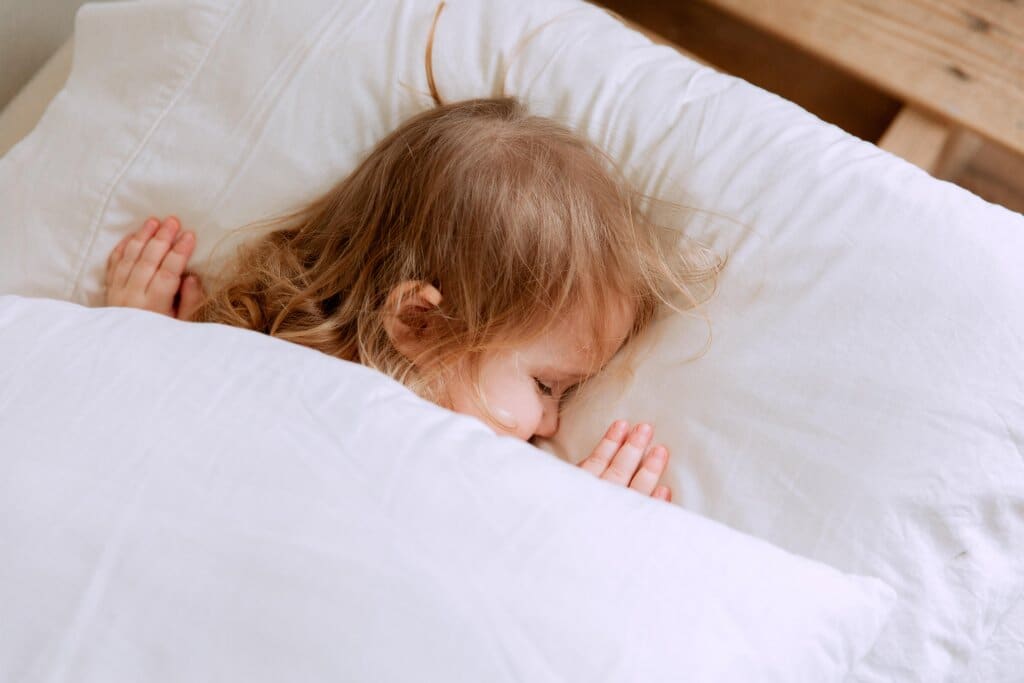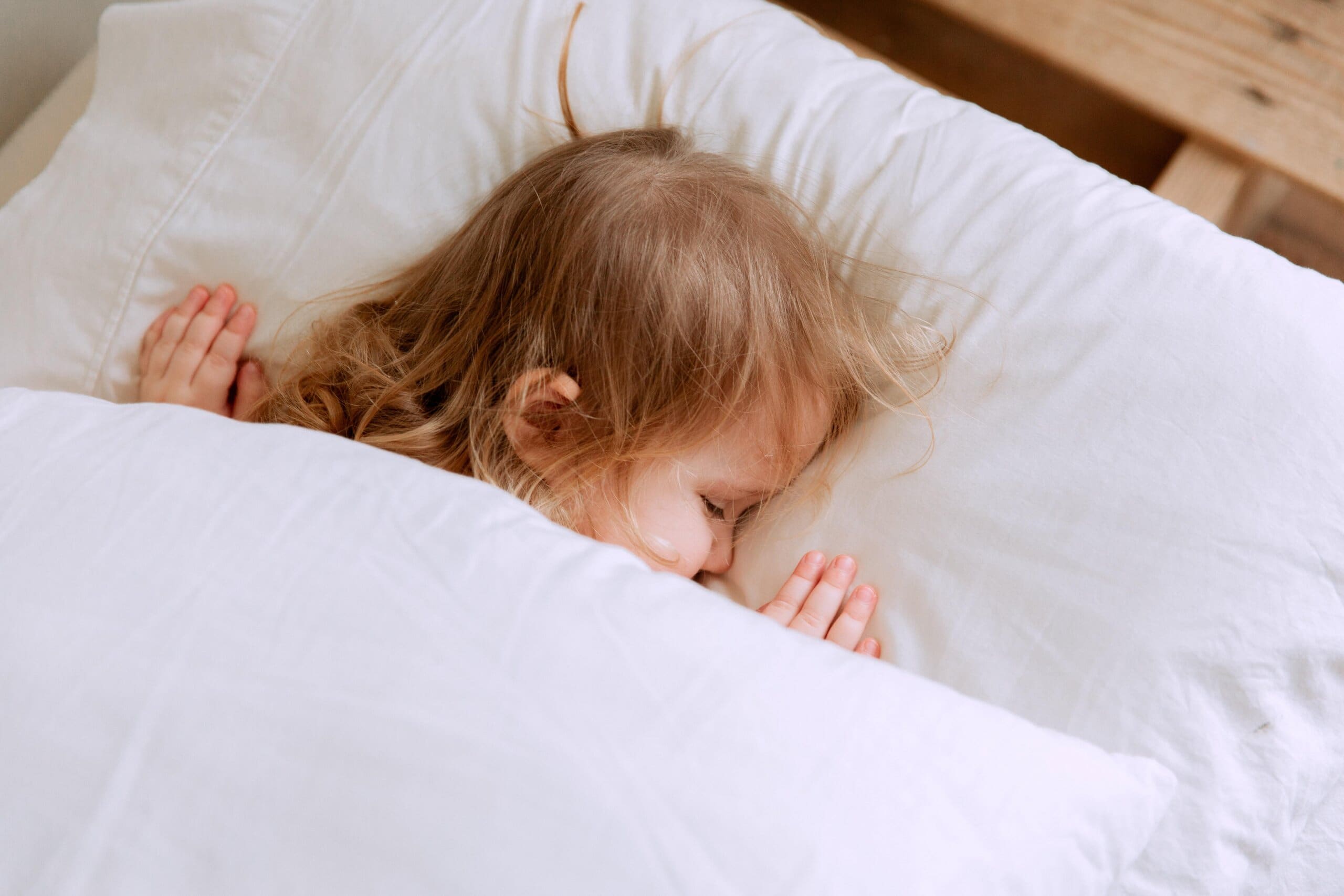Right around the time that you get your toddler on a good sleep schedule, it seems that the clocks go backwards (or forwards) and ruin your hard work.
However, that doesn’t have the case this time. As sleep experts, we are sharing our top seven tips for preparing your toddler for the clocks going back.
When do the clocks go back?
The clocks always go back on the final Sunday of October, and the change comes into effect at 2:00 am. That means that this year, it’s happening in the early hours of Sunday 31st October – giving you an extra hour to prepare for Halloween should you celebrate it.
Seven tips to help your toddler cope with the clocks change

1. Gradually start tweaking their bedtime a week before
Gradually moving your child’s bedtime will be far easier than trying to do it on the night of the clocks going back. Try to start a week ahead on the Sunday before, and simply move it back by 10 minutes each day. So that by the time Sunday rolls around, your toddler will have a bedtime that is 60 mins earlier (or 70 mins if you’ve had a successful roll-out every day).
You should also consider their wake-up time. Don’t let them oversleep in the morning or overcompensate at nap time. This will create a knock-on effect of bad quality sleep.
2. Cut down their screen time
You should also limit the use of any tablets, phones and other electronic devices in the lead-up to bedtime. The blue light emitted on tablets and phones can trick their mind into thinking that it’s daytime, despite it being dark outside. Make sure to put these devices out of their sight before at two to three hours before their bedtime.
3. Make sure they eat the right food for efficient sleeping
What your child eats close to bedtime can also contribute to whether they have a good or bad night’s sleep. Foods such as oat biscuits, bananas and milk contain an amino acid called tryptophan. This makes them feel drowsy and, therefore, more likely to fall asleep.
4. Tire them out with outdoor activities
On an afternoon and the weekend, you should try and get them outdoors as much as possible. Not only will being outside increase your child’s vitamin D intake, which can boost their serotonin and stop them from feeling sleepy. But it’s also proven to help them sleep better at night. Essentially, the more they move throughout the day, the more they should sleep that night. Just make sure to wrap your child up in appropriate outdoor wear so they’re not too cold and can play.
5. Stick to a bedtime routine
Your child needs to stick to a bedtime routine, even on the weekends. You should follow a daily schedule of pre-bedtime activities. For example, bathing your toddler is the perfect, relaxing way to start their pre-bed routine.
You should then go straight from the bathroom into the bedroom and dim the lights. As light is often the most important external factor affecting sleep, we also recommend closing the curtains 30 minutes before bedtime, to give them a sense that bedtime is coming.
Finally, read one or two stories with your child before saying goodnight and leaving the room. Make sure to stick to clear boundaries so if you say two books, you mean two books. A lack of setting limits at bedtime is likely to result in a battle as you try to get them to sleep.
6. Once they’re awake, open your child’s curtains on a morning
Whilst shutting out light at the right time is important, letting light in at the right time is just as important. As soon as your child is awake, you should open their curtains and blinds. If they’re still tired, but show no signs of going back to sleep, this will help wake them up faster. It signals for their brain to stop producing the sleep hormone, melatonin, which can make them feel groggy and grouchy.
7. Don’t forget to praise your toddler
All children love to hear that they’ve done something well so after a successful night of sleeping, where rules were followed – let them know. What’s more, praising your child can help improve their self-esteem, intrinsic motivation and their perseverance, which are all positive traits you should want your child to have.
When giving praise, make sure to be specific and descriptive as the less generic of the encouragement, the more memorable it is and, therefore, likely to be done again.
To further ensure your children are comfortable in their bedroom, check out our huge range of kids mattresses, bunk beds and cot bed mattresses.





